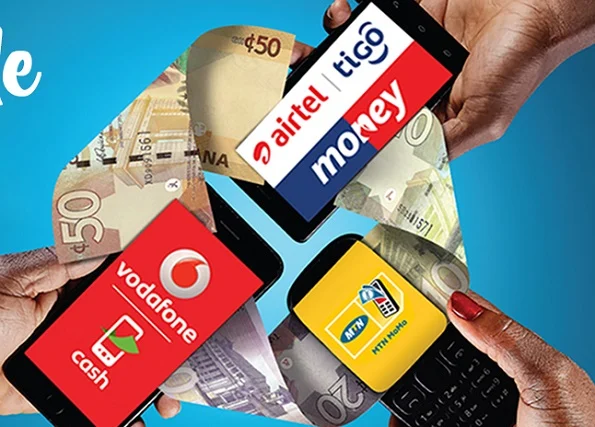Ahead of the highly anticipated implementation of the Electronic Transfer Levy (E-Levy) from May 2022, the Ghana Chamber of Telecommunications has called for a review of portions of the law to exclude the 1.5% charge on payment of salaries made via mobile money.
According to the chamber, per the current law, salaries that are paid via mobile money would attract the 1.5% charge, whereas salaries paid through banks will not attract any E-levy.
The Telecommunications Chamber described such a move as discriminatory.
The levy is a 1.5% tax on electronic transfers that include but is not limited to, mobile money transfers done between accounts on the same network, mobile money transfers from an account on one network to a recipient on another network, transfers from bank accounts to mobile money accounts, and transfers from mobile money accounts to bank accounts.
The charge will apply to electronic transfers that are more than GH¢100 on a daily basis.
Speaking to Citi Business News on preparation towards the levy’s implementation, Chief Executive Officer of the Ghana Chamber of Telecommunications, Dr. Kenneth Ashigbey said it is important that all key challenges are looked at.
“Some of the challenges we have seen with the law, as has been passed, which we hope to take up, are a few discriminatory elements within what’s happening. For example, if your salary is paid from a bank account, it won’t attract the E-Levy, but if you are paid with mobile money, then it will attract the E-Levy. That definitely is not equitable and is discriminatory.”
“We hope that going forward, such issues will be addressed. We know that one of the elements of a good tax is that it should not be discriminatory, especially due to the channels that one uses. All of these are things we will be working on with the government to ensure that the unintended consequences do not come and derail the government’s own digitalization agenda that it’s put up,” he added.











